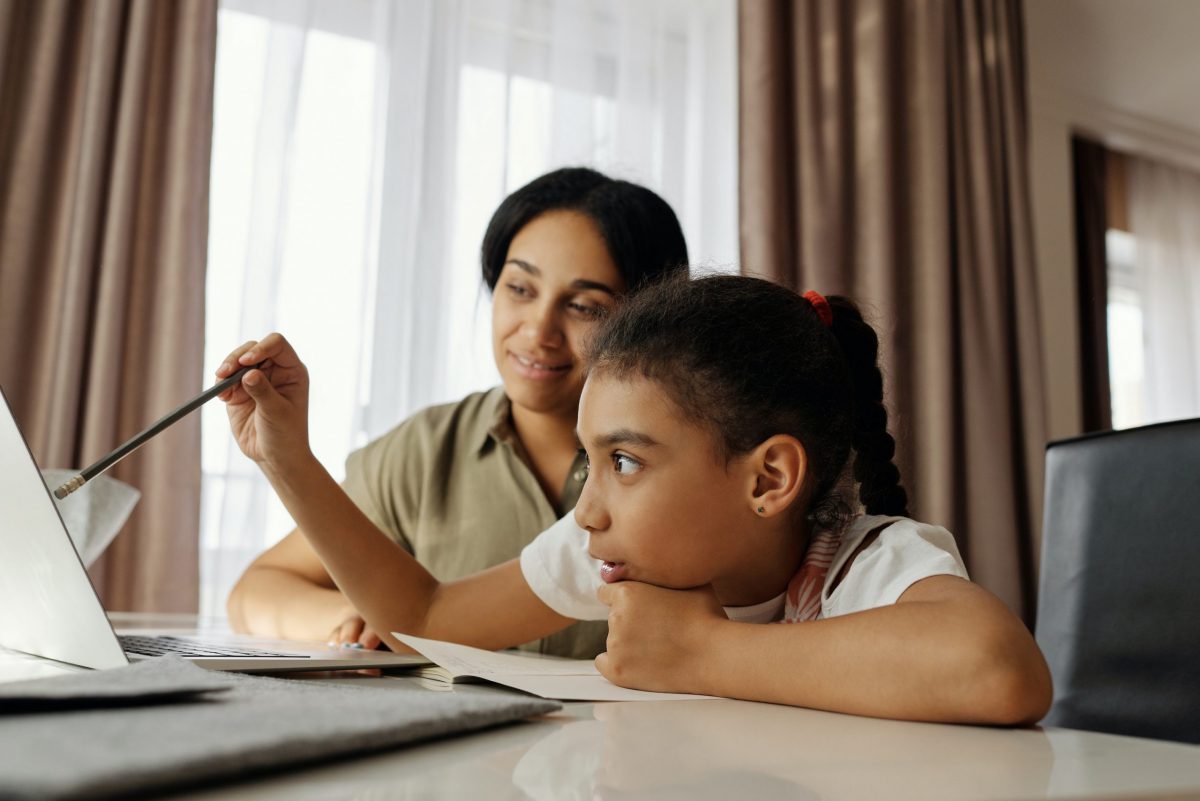Lenka Wall and Sarah Inchley, Education Team at Russell-Cooke Solicitors answer questions legal questions about education, during and post pandemic

Lenka Wall 
Sarah Inchley
Did you know that neither World War II nor the Spanish flu of 1918 caused as widespread a disruption to learning as coronavirus has? Suffice it to say, pupils, parents and teachers alike are grappling with huge challenges that give rise to novel legal questions about education.
Is my child entitled to attend school during lockdown, and, if so, do I have to send them?
During lockdown, only two categories of children can attend school:
- children of critical workers and vulnerable children such as those with child protection issues, an education, health and care plan (EHCP)
- children who have difficulties engaging in remote education at home.
It is unlawful for a school to refuse to admit a child that is entitled to attend and local authorities have an obligation to deliver special educational provision in an EHCP. Other children should not attend school and should be educated remotely.
Government Guidance encourages critical workers to keep children at home if they can whereas parents of vulnerable children are ‘strongly encouraged’ but not required to send them to school. Attendance at school during lockdown periods is therefore an entitlement, not a legal obligation.
When schools open again, I am worried about sending my child back. Do I have to?
Whilst some families have been counting down the days until schools re-open others have anxieties about their child’s safe return to school. Those with a clinically vulnerable family member in particular may worry a child’s return to school exposes them to additional risks.
Despite these legitimate concerns, when schools are open a child’s attendance on the school roll returns to being mandatory. Parents have a legal duty to ensure their child regularly attends school. Schools have to record absences and state whether this is for an authorised reason. Currently, if your child is self-isolating or is clinically extremely vulnerable, this is an authorised absence. If a parent chooses to keep their child home for a prolonged period without an authorised reason, a Local Authority may issue a fine or instigate a criminal prosecution. However, this does not mean you have to send your child back to school.
I would like to continue educating my child at home. Can I do that?
School closures have led some families to realise that home-based education works much better for their child than school and is more conducive to their child’s mental or physical health issues or learning style.
Parents have the right and responsibility to choose how and where their child is educated including at home. This is known as elective home education. Parents have a legal duty to ensure that their child receives efficient suitable full-time education. This does not mean at school and there is no requirement to follow a specific format or the National Curriculum. If a parent makes the decision to permanently home educate their child they must formally request their child is removed from the school register.
The parent will bear the financial and practical burden of educating their child. However, help is available if a child has an EHCP and it’s not appropriate and practical to receive education provision at school. In such cases home-based package of tuition and therapy can be put together to help the child and that’s funded by the local authority.
What is happening with GCSEs, AS and A’level exams this year?
We’ve learnt that for the second year running, in England most nationwide exams are cancelled on account of the huge disruption to learning. It is not possible or fair for exams to go ahead as normal. That’s the simple part. More complicated, following the algorithm exams fiasco of 2020, is what the alternative arrangements will be. At the time of writing, we await the final guidance from DfE and Ofqual. We know results will be decided by teacher-assessed grades likely to be based on “the standard at which the student is performing.”
But, exams may not be ‘cancelled’ altogether. Mini exams set by exam boards, marked by teachers together with coursework, may inform how schools will determine a grade. Responsibility for getting those grades right will fall to the teachers. Concerns persist around how disparities based on deprived or disabled children’s access to education during lockdown, or race and sex-based teacher bias will be fairly mitigated.
Right of Appeal
For students disappointed with their grades, there will be a right of appeal. If this right remains limited to the school itself, to determine if the original grade is found not to be legitimate or exam boards for procedural errors, parents may also need to consider bringing Equality Act claims. They could also apply for Judicial Review. Results day is always full of nerves for students and their families and this year will be no exception.
If you have legal questions about education, specialist lawyers at Russell-Cooke can help.
— [insert pictures and contact details] – see headshots in dropbox
Sarah Inchley and Lenka Wall
sarah.Inchley@russell-cooke.co.uk
lenka.Wall@russell-cooke.co.uk
This article applies to the law in England as at 12 February 2021.
You may also enjoying reading





